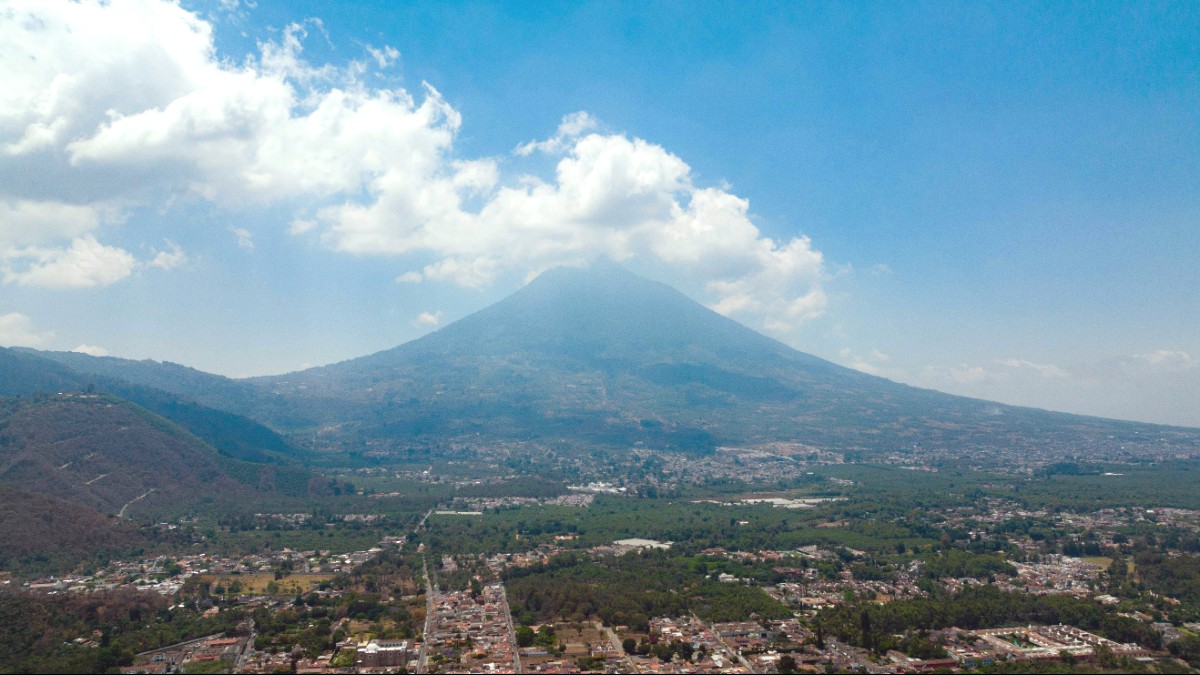
Guatemala
Antigua's public transport is an experience in itself.
Chicken Buses: Brightly decorated, repurposed American school buses, known for their colorful designs, loud music, and often enthusiastic conductors. They are inexpensive and connect Antigua to nearby villages and the periphery of Guatemala City (via the Centra Sur terminal).
Ask locals for route guidance. Expect crowded conditions and loud music. Secure belongings close to you.
Agree on price before ride. Have small denominations ready. Useful for quick movement when tired of cobblestones.
Public transportation, including buses and tuk-tuks, generally not wheelchair accessible. Cobblestone streets and uneven sidewalks present mobility challenges.
Q2-Q5 ($0.25-$0.65 USD) for short distances; pay conductor onboard.
Q10-Q20 ($1.30-$2.60 USD) within central Antigua; negotiate before ride.
Early morning (5-6 AM) to late afternoon/early evening (6-7 PM); frequent on busy routes.
Available throughout day and evening, less frequent late at night.
Options for more direct and private transport.
Pre-booked private transfers or shared shuttles are more common and recommended due to convenience and security.
Taxis can be arranged upon arrival at the airport, but prices should be negotiated firmly before departure.
Be wary of unsolicited offers from drivers, especially at the airport.
For greater independence, consider renting a vehicle.
Drive on the right. Seatbelts mandatory. Speed limits posted but loosely followed. Drunk driving is illegal.
Cobblestone streets in Antigua are bumpy. Main highways fair with speed bumps (Tumulos). Secondary roads are rough or unpaved.
Carjackings/roadside robberies can occur, especially in remote areas or at night. Avoid driving at night outside populated areas.
No formal hop-on-hop-off bus service. Local tour agencies offer organized day trips/excursions via minibuses/vans (e.g., to Pacaya Volcano, Lake Atitlán, Chichicastenango).
No cable cars or funiculars. Tuk-Tuks are omnipresent and a common, unique local mode of transport for short distances. Antigua's cobblestone streets and colonial buildings present challenges for mobility-impaired travelers; accessible options are limited and usually necessitate pre-arrangement.